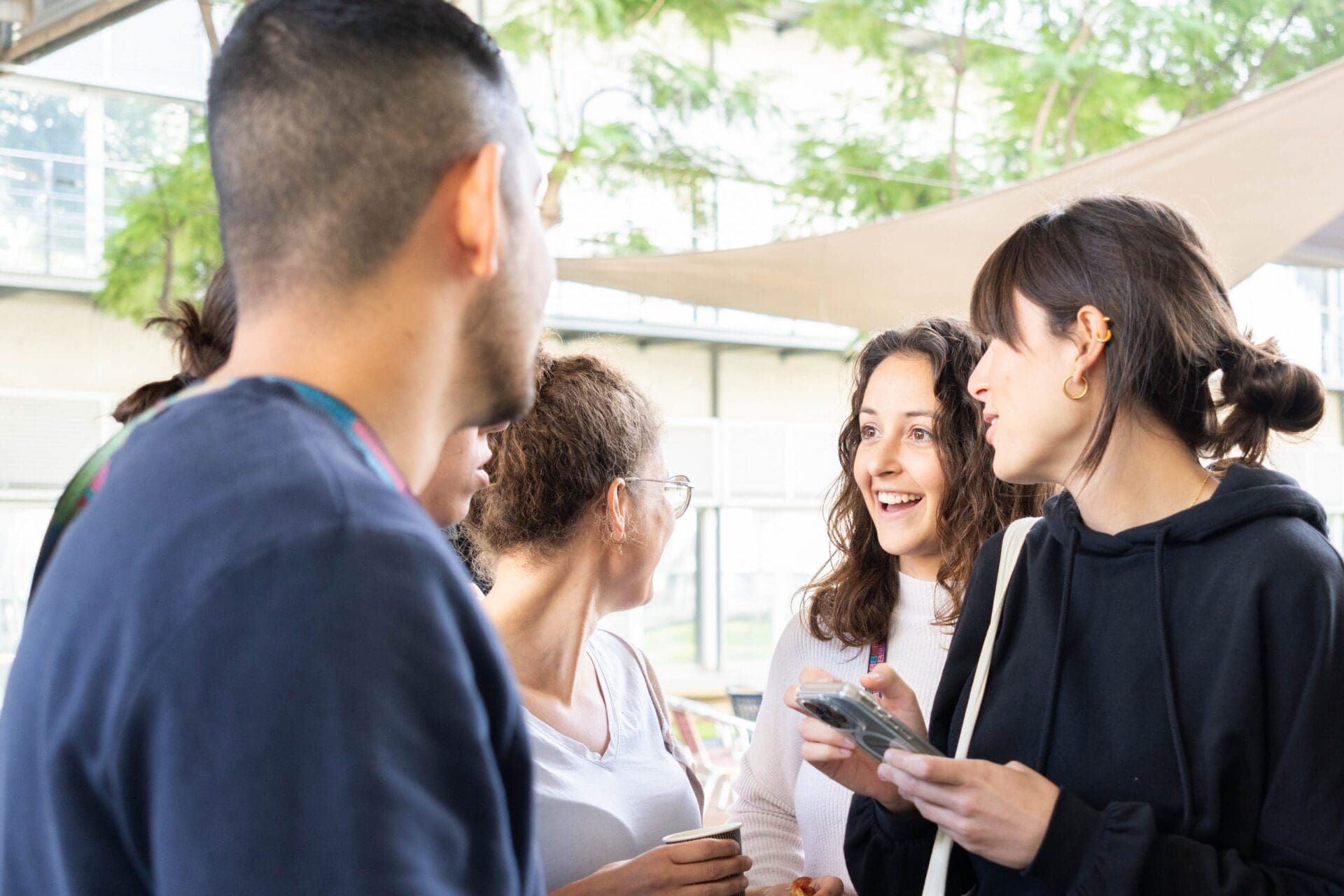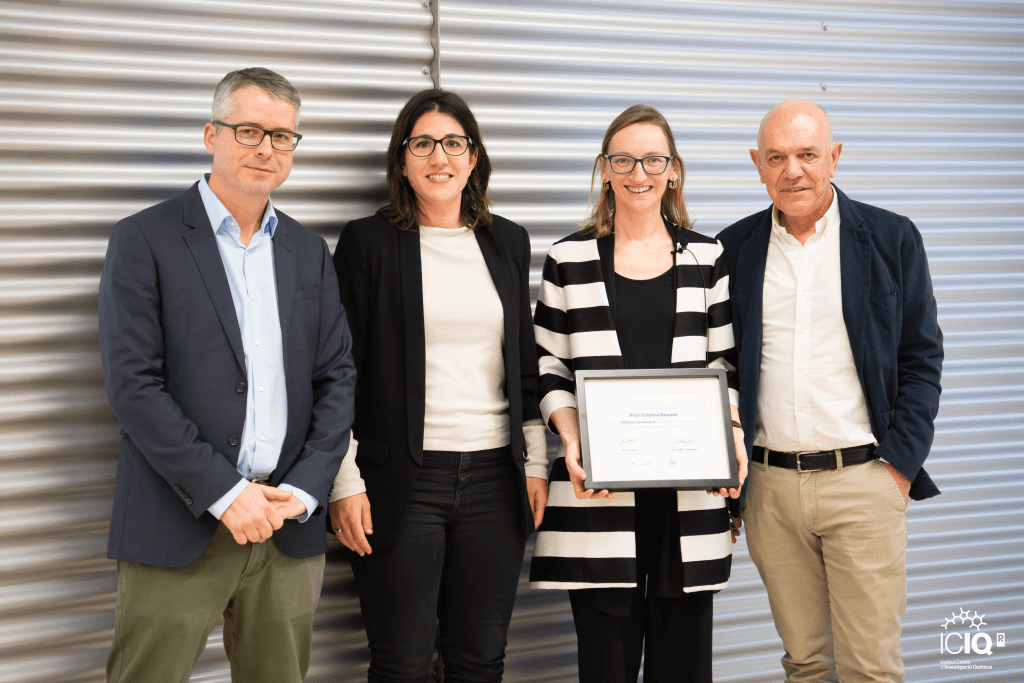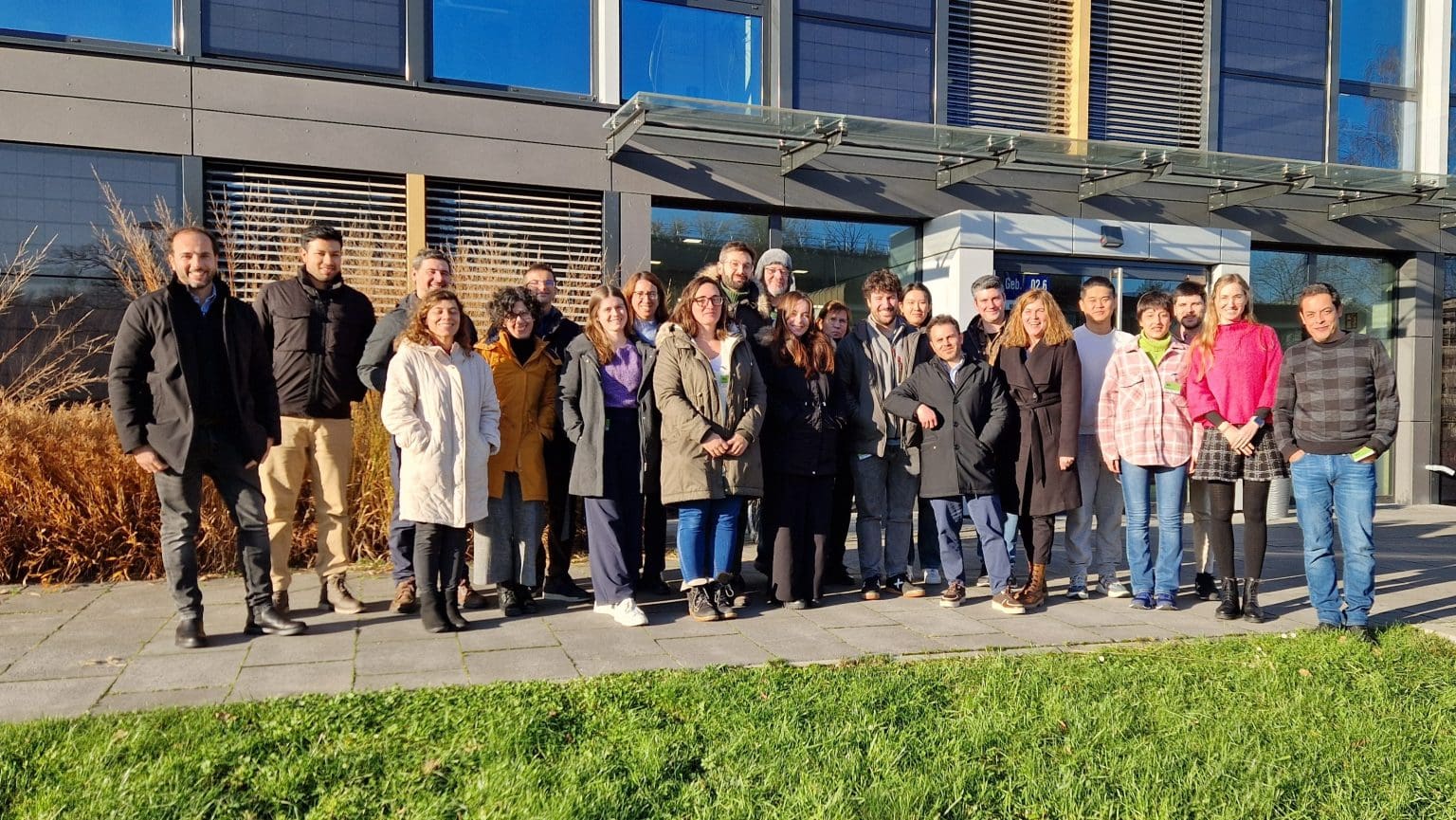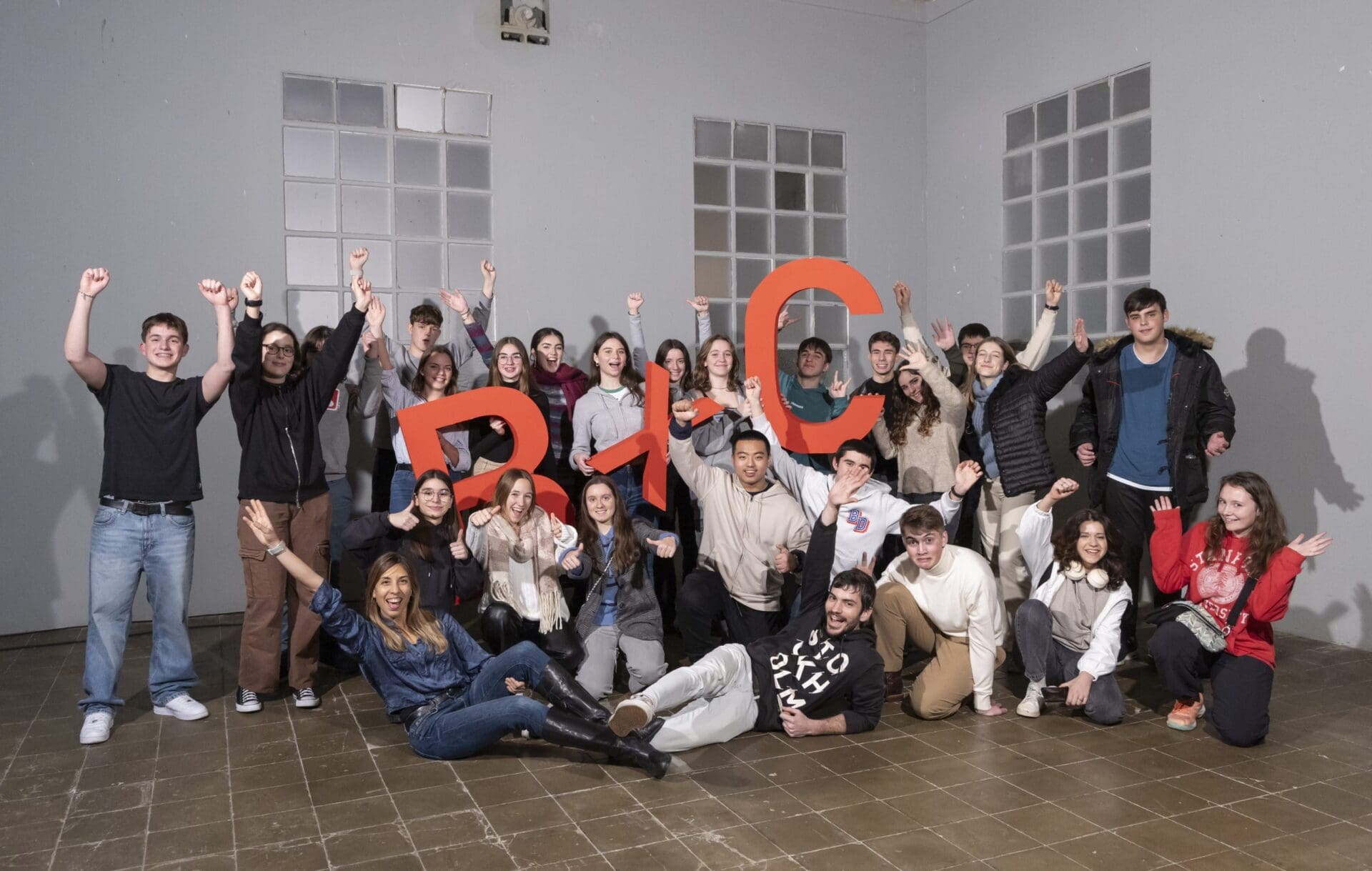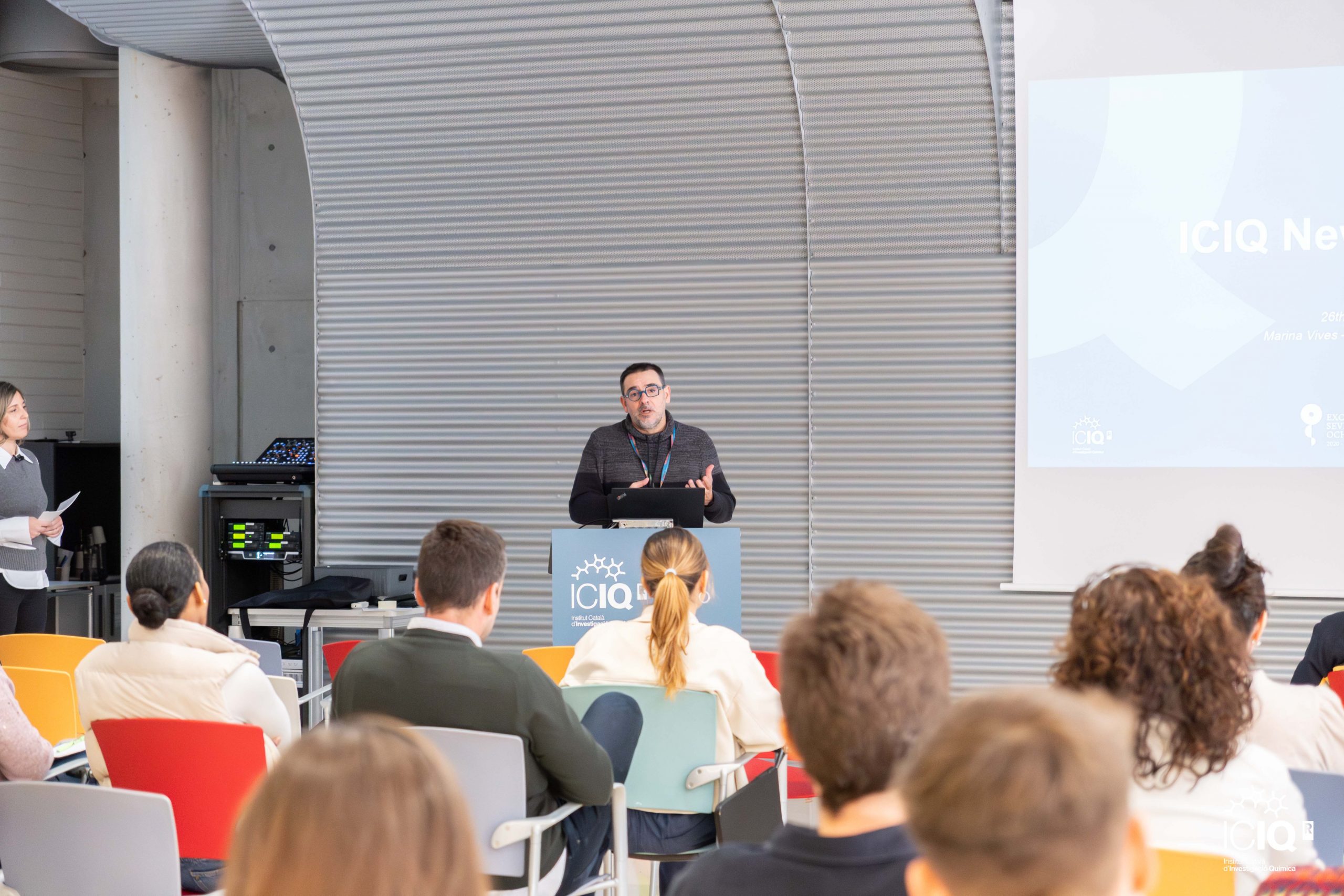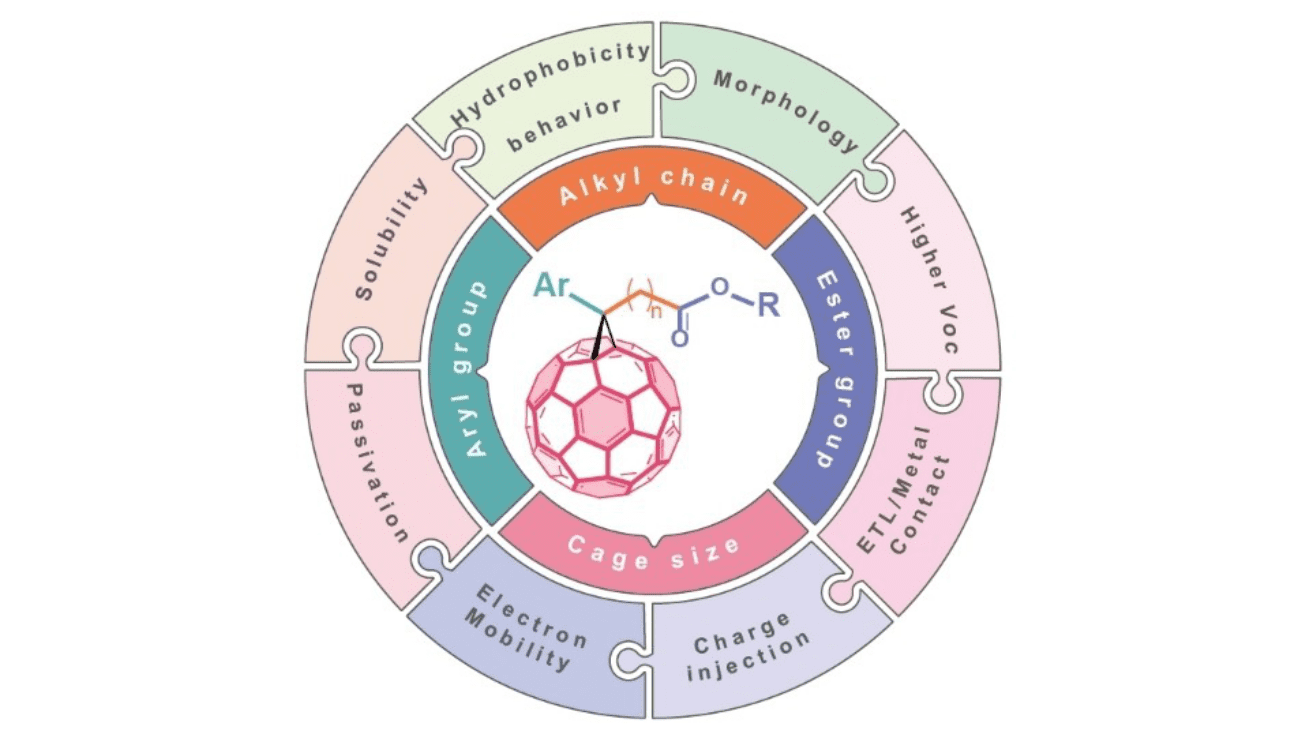Face to Face with Lee Cronin
 Lee Cronin is the Gardiner Professor of Chemistry at the University of Glasgow (UK).
Lee Cronin is the Gardiner Professor of Chemistry at the University of Glasgow (UK).
He works on nanoscience and chemical complexity and he is an interdisciplinary enthusiast. His main aim is to create life in the lab and he investigates how chemistry can revolutionise modern technology. One of his most impressive projects is creating a 3D printer for molecules.
When did you decide to become a scientist and why?
I never really decided, I always thought myself as a scientist since I was 7. I was always doing experiments. Chemistry for me was natural, it was never a question, it just was.
How did you go from coordination chemistry, self-assembly, supramolecular chemistry to printing your own reactors?
Actually, I don’t know. I like to go to lots of different conferences and talk to people about science in new ways. I was invited to an architectural conference and I got talking to some architects. A guy who was doing 3D printing of plastic objects was there, so I thought I could start printing my own chemistry kits. Then is where it started: I had the idea, I organized a workshop in my lab and we built our own printer.
From your point of view, how important is for an academic to have an entrepreneurial spirit?
The big aim of my research is to try and discover a new type of biology. In that process we have to develop our own technology. I figured that if I use tax-payer money to develop new technologies to help answer a big science question, then there is an enormous potential to use those technologies. The entrepreneurial spirit for me is not about making money but it’s about three things: I want to be able to do better science with my technologies because those technologies help me to do new science and if I can get other people involved to use those technologies to do their own science, that is very helpful. I also want to make sure what I’m doing is relevant, I want to discover the origin of life or build new biology in the lab.
The entrepreneurial spirit brings me back to reality and allows me to close a circle: there is one half of me that goes crazy and come up with crazy things and the other half wants to make sure that what we do is repeatable and other people can copy it.
Top scientists who inspired me are all entrepreneurs. It is not about making money, it is more about having new ideas. Having ideas allows us to find something else about the universe.
You do a lot of science communication, is that an important part of your job?
I have always wanted to be in the lab when something amazing happened, but it has not happen yet. So, what I’m trying to do is tell people about what we are doing in the lab to give them an insight because I’m hoping one day we’ll discover something amazing and then, they will be engaged. Science communication is a very good way to inspire other people to do science, to have ideas and to do new things.
What do you do in your spare time?
I run 5 miles every day, I play with my kids a lot, I like to do programming and I started to learn to sail. I love sailing but I had to pause because I have a young family and it is too complicated, but when they are old enough to start to learn to sail, I will go back to sailing again.
PROUST/ICIQ QUESTIONNAIRE
A chemical element: Platinum
Favourite scientist: George Whitesides
An invention: The computer
If you had not been a chemist… I would probably build computers
Favourite destination: There is too many but I love London
A book: Zen and the art of motorcycle maintenance
A film: The tree of life
A dream: To make life in the lab
Science is… about failing (gracefully)
Related news

Let's create a brighter future
Join our team to work with renowned researchers, tackle groundbreaking
projects and contribute to meaningful scientific advancements






 11-12-2024
11-12-2024 